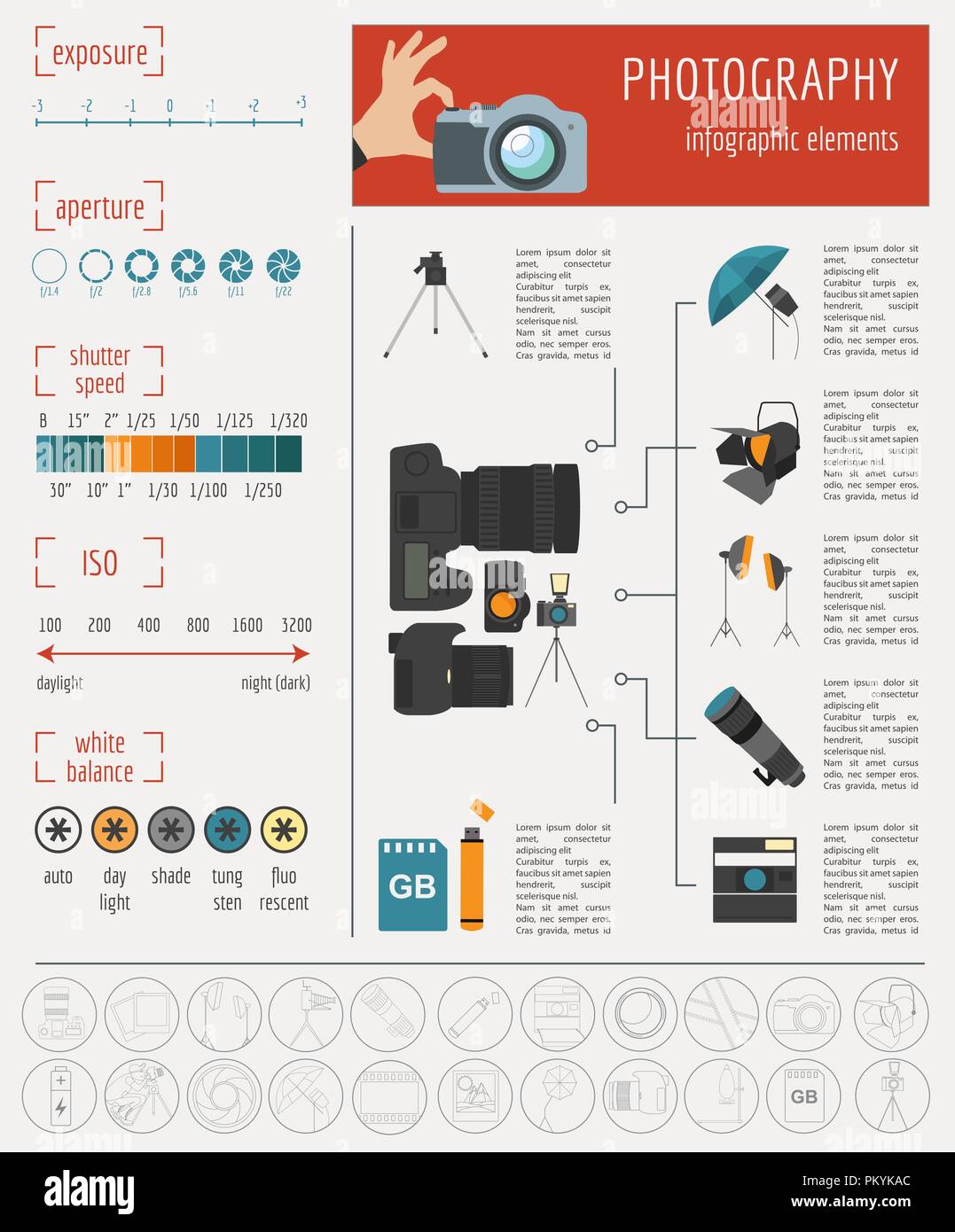Digital Photography Tips For Beginners: Understanding Your Camera In No Time
Digital Photography Tips For Beginners: Understanding Your Camera In No Time
Blog Article
Posted By-Ballard Odgaard
When you initially get your video camera, it can really feel overwhelming with all the setups and choices available. You may find yourself questioning how to browse aperture, shutter rate, and ISO properly. Grasping these basics is vital, yet there's even more to digital photography than just technical knowledge. Recognizing composition techniques and lighting problems can boost your pictures significantly. So, what if you could find out easy strategies to improve your skills and begin catching excellent pictures sooner than you assume? Allow's check out how to transform your digital photography trip.
Recognizing Cam Setups
Understanding your electronic camera setups is critical for capturing spectacular images. When you get your video camera, familiarize yourself with the three major settings: aperture, shutter speed, and ISO. Each plays a crucial function in just how your pictures end up.
Start with https://fstoppers.com/landscapes/seven-landscape-photography-tips-i-wish-i-knew-beginning-266044 , which regulates the quantity of light going into the lens. A bigger aperture (reduced f-number) lets in a lot more light and creates a gorgeous background blur, best for portraits. On https://blogfreely.net/mayolamalisa/comparing-popular-cameras-which-one-is-ideal-for-you-3y0p , a narrower aperture (greater f-number) keeps even more of the scene in focus, perfect for landscapes.
Next off, concentrate on shutter rate. This setting figures out for how long your electronic camera's sensor is subjected to light. A quick shutter rate ices up activity, which is terrific for action shots, while a sluggish shutter speed can produce magnificent effects like smooth water in landscapes.
Last but not least, adjust your ISO. This setup influences your camera's level of sensitivity to light. A greater ISO is useful in low-light circumstances yet can introduce sound or grain. Go for the most affordable ISO possible while still accomplishing proper direct exposure.
Make-up Methods
When you're out shooting, make-up can make all the difference in how your images resonate with audiences. Start by utilizing the regulation of thirds; envision your frame split into 9 equivalent areas with two straight and two upright lines. Setting key elements along these lines or at their crossways to produce balance and passion.
Next, think about leading lines. These all-natural lines in your scene, like roadways or rivers, draw the customer's eye right into the photograph, guiding them through the story you're informing.
Don't forget framing; usage components within your scene, like trees or windows, to create a framework around your topic, adding deepness and focus.
Also, keep an eye on your background. A cluttered background can distract from your main subject, while a basic one aids it stand out.
Lastly, trying out https://www.liveinternet.ru/users/jacobsen_bork/post509027584 and patterns; they can produce a striking photo that captures interest.
Learning Illumination Issues
Mastering lights conditions is vital for recording magnificent photos, as the best light can change an average scene into something phenomenal.
Beginning by observing all-natural light at different times of the day. Mornings and late afternoons supply the best light, called the gold hour. The soft, cozy tones throughout these times can boost your photos wonderfully.
Don't avoid overcast days either; diffused light can lessen rough darkness and produce a pleasing impact, particularly for portraits.
Trying out backlighting by placing your subject versus the light. https://telegra.ph/How-To-Locate-Your-One-Of-A-Kind-Style-As-A-Professional-Photographer-01-07 can produce a wonderful halo result and include deepness to your images.
Focus on your camera setups also. Adjust the ISO, aperture, and shutter speed to suit the lighting conditions. A higher ISO can assist in reduced light, yet be cautious of grain.
Use a tripod in darker settings to avoid blur.
Last but not least, don't forget synthetic lighting. Flash and continuous lights can be wonderful tools for regulating light in difficult problems.
Conclusion
Finally, mastering your cam does not need to be frustrating. By recognizing your settings, using make-up strategies, and using the power of natural light, you'll quickly elevate your digital photography skills. Keep in mind, exercise makes best, so go out there and trying out your newly found expertise. With time and dedication, you'll be catching sensational pictures that reflect your special perspective. Enjoy the journey, and don't neglect to have a good time while you're at it!
